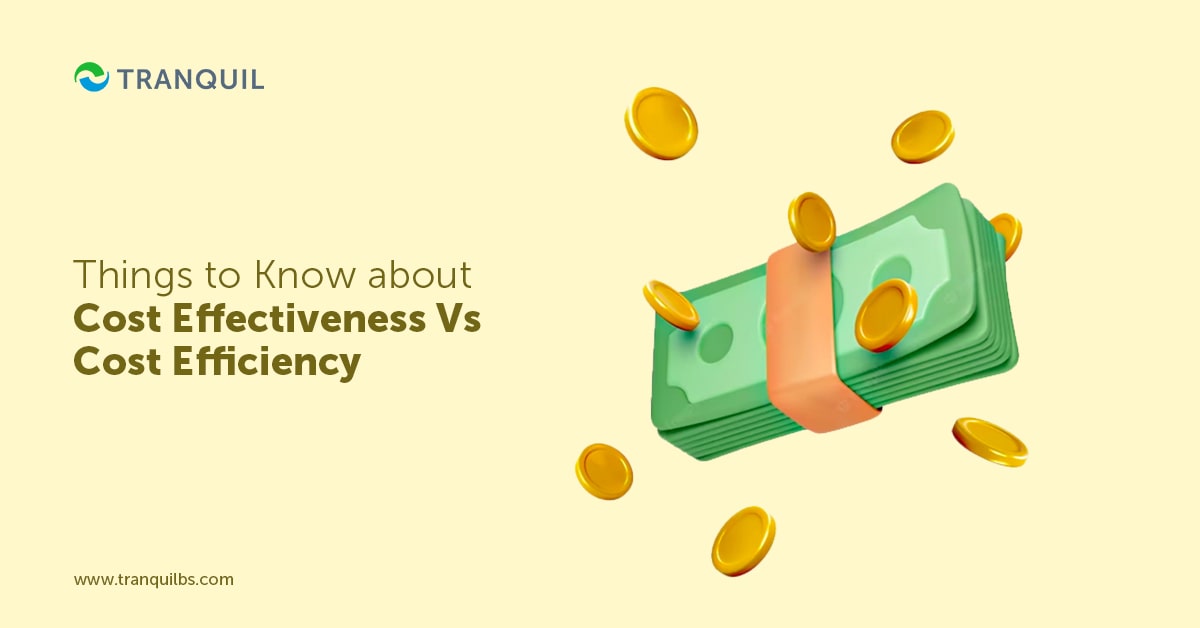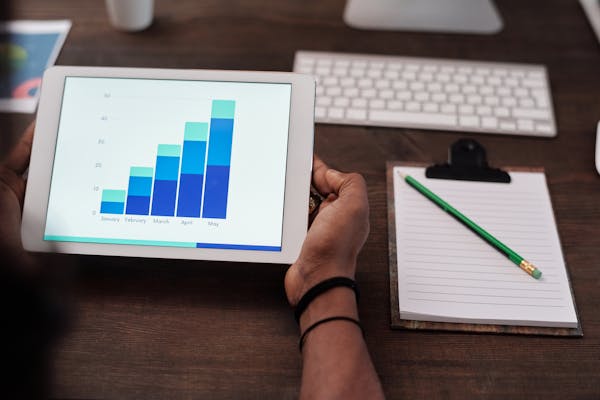Introduction
Fast-Moving Consumer Goods (FMCG) companies operate in a highly competitive and rapidly evolving market. With products that have short shelf lives and high turnover rates, these companies need efficient and effective marketing strategies to stay ahead. Digital marketing has emerged as a crucial tool for FMCG companies, offering numerous benefits that traditional marketing channels can’t match. This article explores how digital marketing helps FMCG companies thrive in today’s market.
Increased Reach and Engagement
One of the most significant advantages of digital marketing is its ability to reach a vast audience. Social media platforms, search engines, and other online channels allow FMCG companies to target specific demographics with precision. This targeted approach ensures that marketing efforts are directed towards potential customers who are more likely to engage with the brand.

Cost-Effectiveness
Compared to traditional advertising methods like TV commercials or print ads, digital marketing is more cost-effective. FMCG companies can run online campaigns on various platforms at a fraction of the cost of traditional media. Pay-per-click (PPC) advertising, for instance, allows companies to pay only when a user interacts with their ad, ensuring efficient use of the marketing budget.

Real-Time Analytics and Insights
Digital marketing provides access to real-time data and analytics, enabling FMCG companies to measure the effectiveness of their campaigns immediately. Tools like Google Analytics, social media insights, and other analytics platforms offer detailed information about consumer behavior, campaign performance, and return on investment (ROI). This data-driven approach allows companies to make informed decisions and adjust their strategies as needed.

Enhanced Customer Interaction
Digital marketing facilitates direct interaction with consumers through social media, email marketing, and other online channels. FMCG companies can engage with their audience, answer questions, and address concerns promptly. This direct communication builds trust and loyalty, fostering long-term relationships with customers.

Personalization and Customization
With the help of digital marketing, FMCG companies can deliver personalized content to their customers. By leveraging data collected from various sources, companies can create tailored marketing messages that resonate with individual preferences and needs. Personalized marketing not only enhances the customer experience but also increases the likelihood of conversion.

Improved Brand Awareness and Loyalty
Digital marketing helps FMCG companies build and maintain brand awareness. Consistent online presence through social media, content marketing, and influencer partnerships keeps the brand top-of-mind for consumers. Engaging content and interactive campaigns further strengthen brand loyalty, encouraging repeat purchases and positive word-of-mouth.

E-Commerce Integration
The rise of e-commerce has transformed the FMCG landscape. Digital marketing plays a crucial role in driving online sales and integrating e-commerce into the overall marketing strategy. Through targeted online ads, search engine optimization (SEO), and social media promotions, FMCG companies can attract and convert online shoppers, expanding their market reach beyond physical stores.

Case Studies
Unilever: Unilever’s Dove brand is known for its impactful digital marketing campaigns that focus on real beauty and body positivity. The “Real Beauty Sketches” campaign used online videos and social media to challenge traditional beauty standards, garnering millions of views and sparking a global conversation. This approach not only increased brand awareness but also strengthened customer loyalty.

Coca-Cola: Coca-Cola has effectively utilized digital marketing to engage with its global audience. Through interactive social media campaigns, user-generated content, and personalized email marketing, Coca-Cola has maintained its position as a leading FMCG brand. Their “Share a Coke” campaign, which personalized bottles with common names, went viral on social media, boosting sales and brand engagement.

Conclusion
Digital marketing has become an indispensable tool for FMCG companies. Its ability to reach a wide audience, provide real-time insights, enable personalization, and drive e-commerce integration makes it a powerful strategy for growth and success. By embracing digital marketing, FMCG companies can stay competitive, build strong customer relationships, and achieve long-term business objectives.
